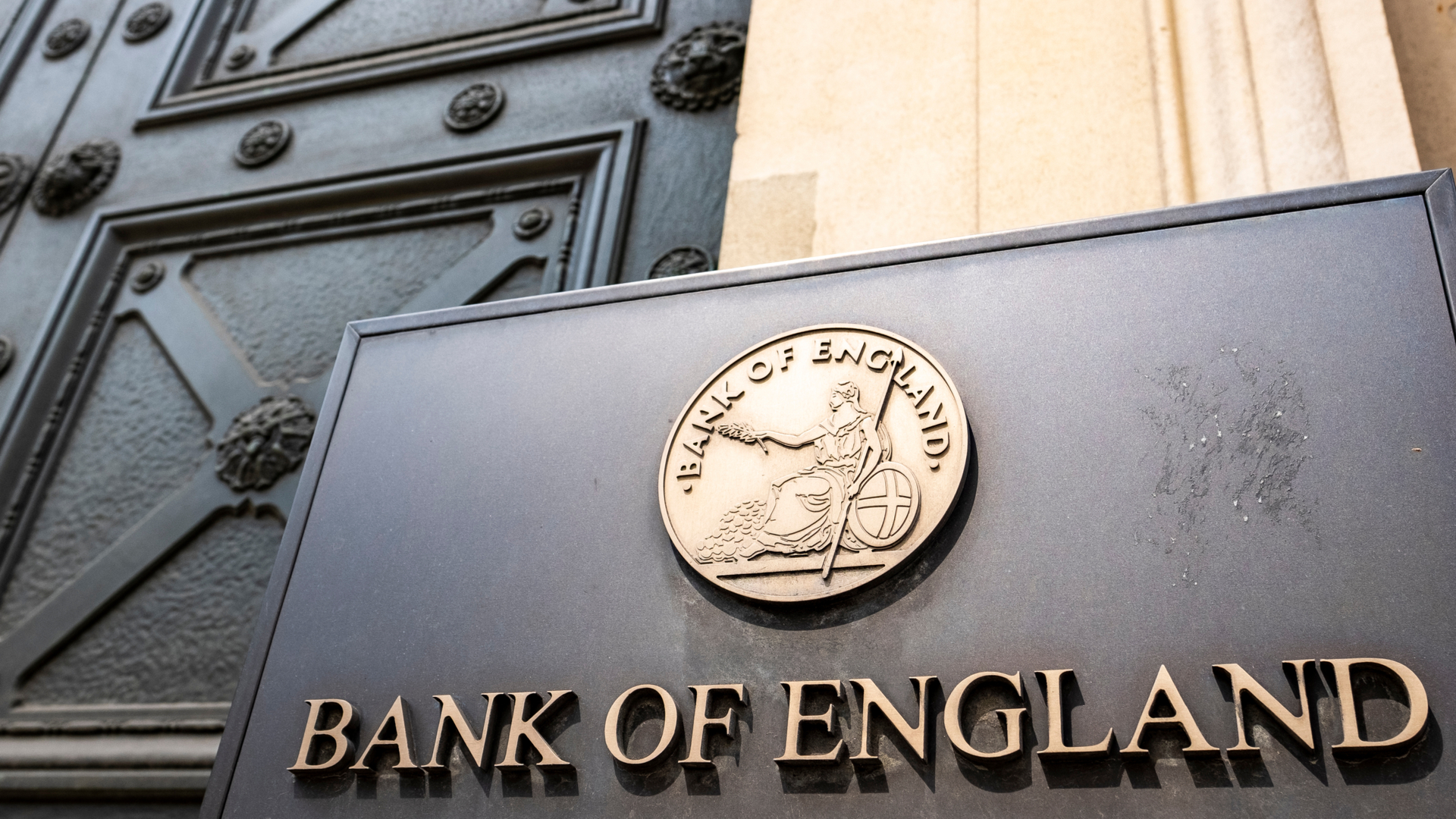Bank of England develops distributed ledger proof of concept using PwC's blockchain
The project forms part of the bank's FinTech accelerator programme


Sign up today and you will receive a free copy of our Future Focus 2025 report - the leading guidance on AI, cybersecurity and other IT challenges as per 700+ senior executives
You are now subscribed
Your newsletter sign-up was successful
PwC's blockchain team has been selected to help the Bank of England create distributed ledger technology (DLT) for virtual currencies as a proof on concept (POC).
The concept will research how digital currencies could work with a network-based platform that could mint its own virtual money. It would also need to demonstrate how the money could be put into circulation, exchanged and then withdrawn on demand.
PwC contributed its blockchain team's expertise to support the Bank of England's own technology specialists.
“This is a significant piece of work and PwC are very excited to have been able to support the Bank in developing their first DLT Proof of Concept, which will enable the Bank to gain a better awareness of DL from both a technology and policy perspective,” Nick Bouch, financial services data leader and partner at PwC, said.
The DLT enables the Bank of England to see whether it would be possible to launch a new digital currency in the future that could rival the likes of Bitcoin.
“This Proof of Concept brought to life the core features of distributed ledgers, greatly enhancing the Bank’s understanding of DLT," Rob Elsey, CIO for the Bank of England, added.
"With PwC’s support, the Bank’s developers used the latest techniques and software to deliver this POC and have gained further skills that will enable additional rapid Proof of Concepts in the future.”
Sign up today and you will receive a free copy of our Future Focus 2025 report - the leading guidance on AI, cybersecurity and other IT challenges as per 700+ senior executives
The news follows the announcement that the Bank of England has launched a FinTech accelerator programme to help develop new innovations in banking, particularly those with a focus on blockchain and distributed ledger technologies.

Clare is the founder of Blue Cactus Digital, a digital marketing company that helps ethical and sustainability-focused businesses grow their customer base.
Prior to becoming a marketer, Clare was a journalist, working at a range of mobile device-focused outlets including Know Your Mobile before moving into freelance life.
As a freelance writer, she drew on her expertise in mobility to write features and guides for ITPro, as well as regularly writing news stories on a wide range of topics.
-
 Cyber experts issue warning over new phishing kit that proxies real login pages
Cyber experts issue warning over new phishing kit that proxies real login pagesNews The Starkiller package offers monthly framework updates and documentation, meaning no technical ability is needed
-
 Microsoft hails advances in glass data storage
Microsoft hails advances in glass data storageNews Project Silica uses lasers to encode data into borosilicate glass, where it stays stable for thousands of years